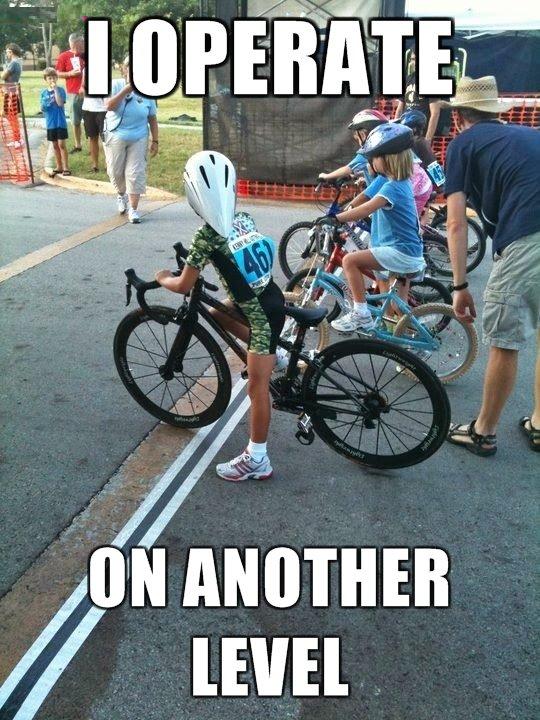
Sleep - This is the most important thing you can do to aid recovery. I wake up at 5:30 AM every weekday morning and use a very simple assessment tool. If I’m awake before my alarm goes off (or at least half awake) I know I got enough sleep. If I awake from dead slumber, I know I needed more sleep so I simply go to bed earlier the next night.
Nutrition - I focus on eating REAL food consisting of lean meats, fruits, and vegetables and stay away from processed foods. This makes my diet very nutrient dense which I believe allows me to stay healthy and recover more quickly. For more information see my previous post: Improving Performance Through Nutrition - The Paleo Diet
Other Recovery Tools (massage, compression gear, ice, recovery drinks, etc.) - I believe that these may aided in recovery but have a very miniscule effect when compared to sleep and nutrition.
Race Fueling - Researching, experimenting with, and ultimately designing a race fueling strategy months before the event allowed me practice my exact race day fueling strategy many times prior to race day.
Race Specific Training - I consider this something outside regular training that is specific to the event. For example, I practiced 300-400 m threshold efforts in the pool so that I was prepared for a fast swim start which allowed me to get into a solid pack before the pace settled down.
Transitions - Practicing and refining transitions might seem negligible in an Ironman event but oddly enough the 3rd place finisher had a faster swim, bike and run than I did and still finished 42 seconds behind me.
Heat Acclimation - Research has shown that to properly acclimate to a climate it typically takes a person at least 20 days. Because it was not possible for me to arrive in Kona 3 weeks prior to the race, I took Bikram Yoga classes (90 minutes of yoga in a 105 degree room) to familiarize myself with the heat and humidity. I’m not sure if taking Bikram a couple of times a week had a physiological effect on my body or not, but I am sure that it taught me to mentally tune out the heat and focus on the task at hand.
Race Week - It’s a careful balance that each athlete must determine for himself. If you seclude yourself for the entire week you'll miss out on one of the greatest experiences of your life, but if you expend too much energy you may just leave your race at the expo! My approach was simple, wake up at a reasonable hour, complete my “easy” pre-race workouts and spend the morning soaking in the experience. By noon I was back at the house kicking my feet up and relaxing as much as possible.
Visualization/Mental Training - Mental imagery and preparation were an important part of training. Visualizing every aspect of the race and playing through the day countless times in my mind allowed me to be confident in my plan and have every action on race day feel as if it were second nature.
Self Belief - Anyone who has competed in an Ironman knows the physical and mental suffering you must endure on race day. You simply will not perform to your potential if you do not believe in yourself.
It’s extremely difficult to speculate the individual impact of each of the things I have listed above, however it’s interesting to note that the difference between finishing 2nd and finishing 6th (off the podium) was about ½ of one percent of the total finishing time. And while I can’t say for certain that any single thing listed improved my performance by 0.5%, I think it’s fair to say that the total magnitude of the “little things” was what allowed me to achieve my goal.
Click Here to Subscribe to Coach Kyle's Blog!
Written by Kyle Visin
Santa Barbara Triathlon Club President
USAT Level 1 Coach
Certified CycleOps Power Coach
Co-Founder of KillerTri
A duplicate post is also available at www.killertri.com

